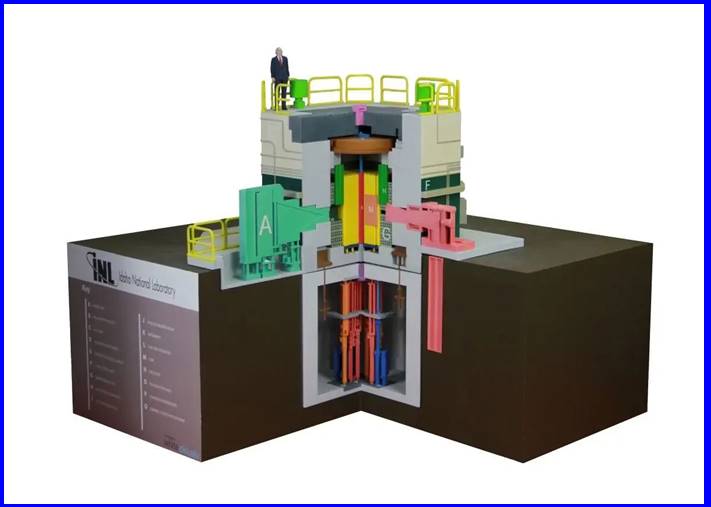Beyond Accuracy: Exploring the Transformative Power of Precision Scales
The quest for measurement accuracy and reliability is unending in scientific research, manufacturing, and quality control. Recent advancements in measurement technologies have brought about a significant leap in the precision with which data can be gathered. Among these advancements, ultra precision scales have emerged as an important tool, redefining the boundaries of data integrity and precision. This article looks into the impact of these cutting-edge devices on various industries, exploring how they contribute to enhanced data accuracy and reliability.
Essence of Unmatched Precision
At the core of precision scales lies the ability to measure weight with astonishing accuracy, often down to the microgram. This high level of precision is not just about achieving more accurate weight measurements; it is about ensuring data integrity across various applications. In industries where the slightest discrepancy in weight can lead to significant errors or quality issues, such as pharmaceuticals, aerospace, and precision engineering, the introduction of these scales has marked a huge shift.
Enhancing Quality and Efficiency
The use of precision scales significantly enhances quality control processes. In the pharmaceutical industry, for example, the accurate measurement of ingredients is crucial for ensuring the safety and efficacy of medications.
Similarly, the precise measurement of components can be the difference between success and failure in the aerospace sector. These scales enable organizations to achieve a new level of quality and efficiency, reducing waste and improving outcomes.
Also, precision scales equipped with advanced automation features are revolutionizing various sectors. Industries such as food processing and manufacturing are leveraging these technological advancements to streamline production processes. Automated weighing systems ensure accuracy and optimize efficiency by minimizing human error and increasing throughput. This integration of precision scales represents a significant leap forward in enhancing overall quality and productivity across diverse industries.
Role in Research and Development
In research and development (R&D), measurements’ accuracy directly influences experimental results’ reliability. With the introduction of precision scales, scientists and researchers can now conduct experiments with previously unattainable levels of accuracy. This precision opens up new possibilities in research, facilitating breakthroughs and innovations that were once beyond reach. Whether in materials science, biology, or chemistry, the enhanced data integrity provided by these scales supports the advancement of knowledge and technology.
Impact on Industrial Applications
The advent of these highly precise measuring instruments has also greatly helped the industrial sector. For instance, ensuring the consistency of components and products is paramount in manufacturing. These precision scales are important in maintaining this consistency, enabling manufacturers to adhere to stringent specifications and quality standards. This improves the end product and optimizes production processes, increasing efficiency and reducing costs.
Integrating these precision scales within industrial processes has ushered in a new era of meticulous quality control and enhanced efficiency. In manufacturing, where consistency is paramount, these advanced measuring instruments have become indispensable tools.
Moreover, precision scales are pivotal in industries where safety and reliability are critical, such as automotive and electronics manufacturing. They enable manufacturers to maintain stringent quality standards, ensuring that each component meets exact specifications. This level of precision is especially crucial in sectors where any deviation can compromise the safety or functionality of the final product.
Additionally, the implementation of precision scales fosters innovation within industrial settings. With the assurance of accurate measurements, engineers and designers can push the boundaries, leading to the development of new products and technologies. This innovation fuels competitiveness in the market and drives economic growth by creating opportunities for novel solutions and advancements.
In fields such as food and beverage production, where precise measurement of ingredients is vital for consistency and product quality, these scales ensure compliance with regulatory standards and consumer expectations. This accuracy enhances brands’ reputations and contributes to customer satisfaction and loyalty.
Future of Measurement Precision
As technology continues to grow, the capabilities of these precision scales are expected to evolve further. Future developments may include even higher accuracy levels, enhanced usability, and integration with other technological systems. This ongoing innovation will undoubtedly continue to impact various fields, pushing the boundaries in precision measurement.
Conclusion
The introduction of ultra precision scales has profoundly impacted data integrity across numerous industries. By enabling measurements of unprecedented accuracy, these devices have revolutionized quality control, research and development, and industrial applications. Despite the challenges associated with their use, the benefits one gets in terms of improved data accuracy and reliability make them an indispensable tool in the quest for precision. As you move forward, the continued evolution of these scales promises to enhance your capabilities further, opening up new frontiers in precision measurement and data integrity.
Beyond Accuracy: Exploring the Transformative Power of Precision Scales
